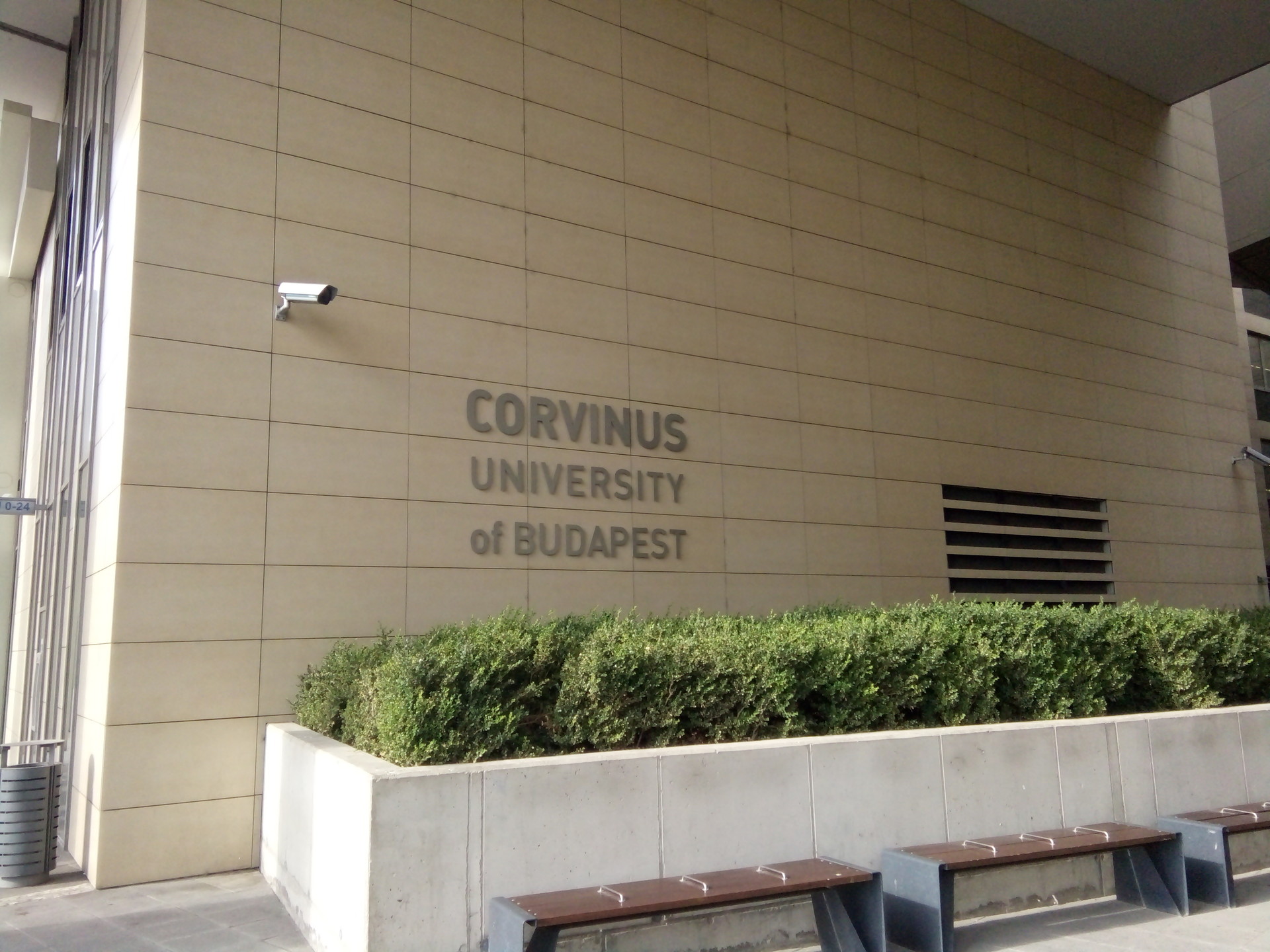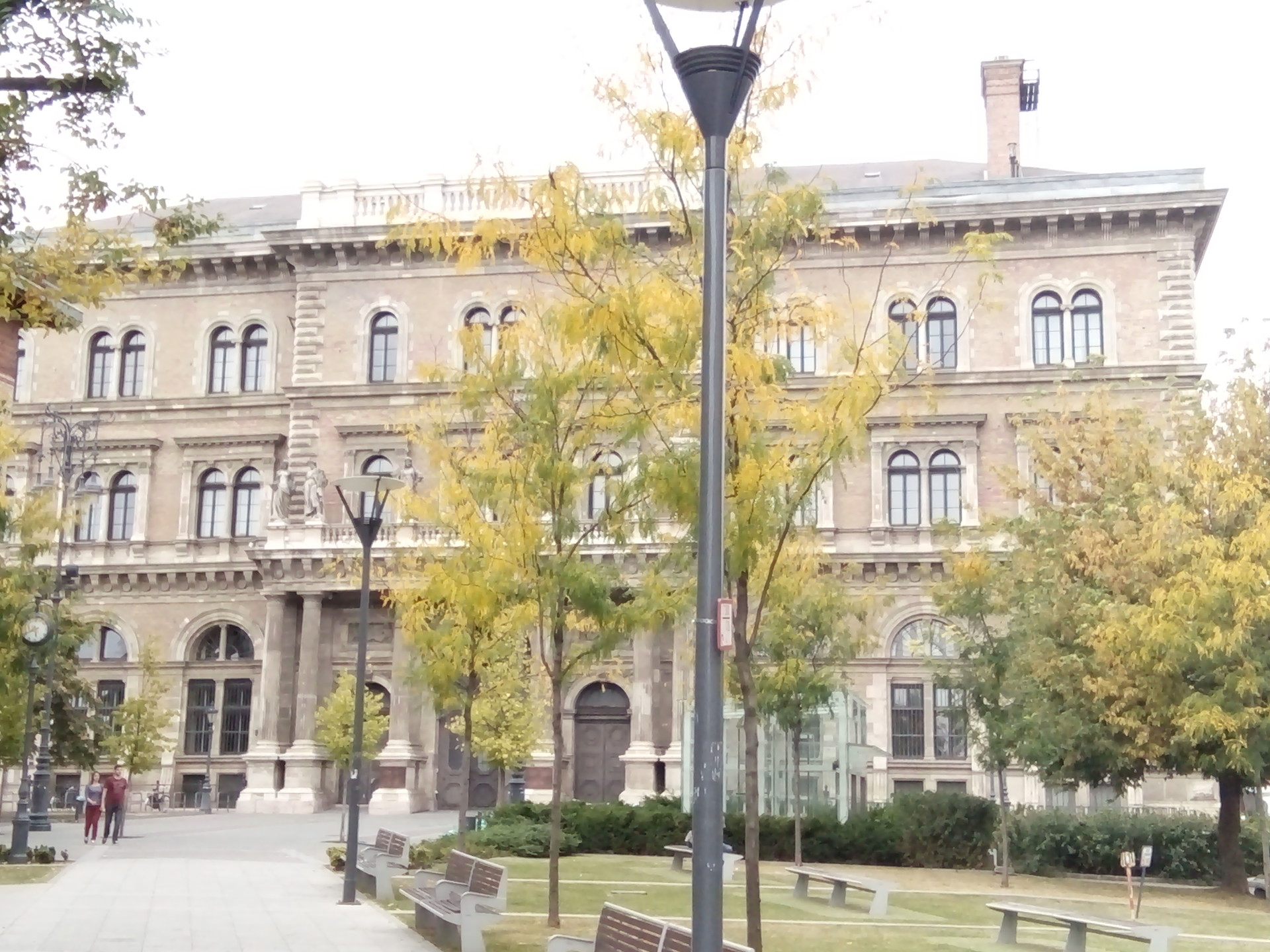Choosing Erasmus elective courses as an exchange student: To elect or not elect?
One of the most crucial decisions that one undertakes when doing an Erasmus exchange is on the matter of choosing the courses that you are going to take for an entire semester. I consider this point a crucial and controlling factor because your academic life and possible future opportunities largely depend on the courses that you take and the corresponding knowledge and skills that you would acquire at the end of the day. In a sense, this aspect of your Erasmus life requires some forms of strategic thinking. It is like getting a plunge into the water in a naval battle and decide later what to do when in actual battlefield.

Strategic thinking is important
Interestingly, only a few students give a reflective thought on this aspect of their Erasmus life. They think that studying at another university as an exchange student is solely a form of educational tourism, whatsoever. I beg to disagree. At a more contemplative mood, one would realize that your mobility experience to a foreign soil in a university which has an entirely different set-up as that of yours can exert more or less significant impact to some of your career decisions later in life.
My host university and the courses I have taken during my mobility in the university had exerted so much impact to my later views in life.

Which courses are best to choose: two contrasting opinions
May I discuss two prevailing views on how students deal on the matter of deciding which elective courses to undertake during their Erasmus exchange mobility, i. e., what principal factor they undertake when choosing elective courses. The first view relates that when an Erasmus student is faced with choosing elective courses to undertake, he should primarily consider his talents and interests. The opposing view suggests that it is more important to take into account the future opportunities relevant to the courses to be chosen.
The advantages of choosing a course you like
Choosing a useful course for the future
On the other hand, there are those who advocate the idea that what is significant in choosing courses during mobility exchange is to consider future opportunities and the direct relevance to job market of the courses to be undertaken. I am of the opinion that this view inclines more or less to the more practical perspectives in choosing courses. It is not easy to choose courses when you are torn between two pressing and important factors of consideration. One may choose a finance or management courses in lieu of humanities or social science courses with the end in mind of being able to land a good internship or better job opportunities. Others may find it more relevant and pragmatic to do business intelligence or big data courses in lieu of such more arcane subjects such as sociology or political science since the former gives the person a better job prospect than the latter. This is so because IT courses such as business intelligence and big data are in-demand nowadays and that the market is going towards that direction. Hence, there is such a huge demand for IT specialists who can meet the skills requirement of some huge companies and IT firms.
What makes more sense then? Choosing courses within one’s line of interest or choosing courses which are within one’s job spectrum?
I was at the E Building when conflicting ideas like these occur to mind. If brainstorming is a form of mind exploring activity, then I must be in deep brainstorming sessions thinking what the future has in store for me?

My opinion
It is my humble view that when you consider choosing a course during your mobility exchange programme, it would make much more sense to consider one’s interest and talents. There are a good number of reasons for this point of decision apart from the reasons which were already mentioned in the previous paragraphs of this discussion. Let me add some few good points to corroborate with these arguments.
You could end up like this rushing water of the Danube river during cold winter days if you try to go against nature's ways.

Final thoughts
In certain respects, it should be mentioned here that our decision are usually governed by our emotion and intellectual reasoning. At one portion of our brain tells us that we should follow what our heart dictates and proceed with what we are interested in and do those things which we really love to do in life. On the other portion of our brain tells us that it is more sensical to look at the near future, dive deep to what is more pragmatic and relevant to our needs. There are people who so followed their interest and they were pretty much successful in life. There are those who were merely forced by circumstances and so found themselves in a situation where they finally have to decide to revert back and turn back time so that they can follow the dictates of their heart, follow it faithfully and be guided upon by some Infinite Intelligence to listen what their heart desires. Pretty much they would be able to find the connecting points, retrace their footprints and realign their destiny to the desired path, one which they have failed to discover at one point in their life. It maybe a late realization, but in life it can never be too late if you are determined to rectify your past omissions and show willingness to accept one’s immediate problem and ever ready to do something about it.
Photo gallery
Content available in other languages
Want to have your own Erasmus blog?
If you are experiencing living abroad, you're an avid traveller or want to promote the city where you live... create your own blog and share your adventures!
I want to create my Erasmus blog! →







Comments (0 comments)